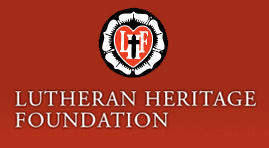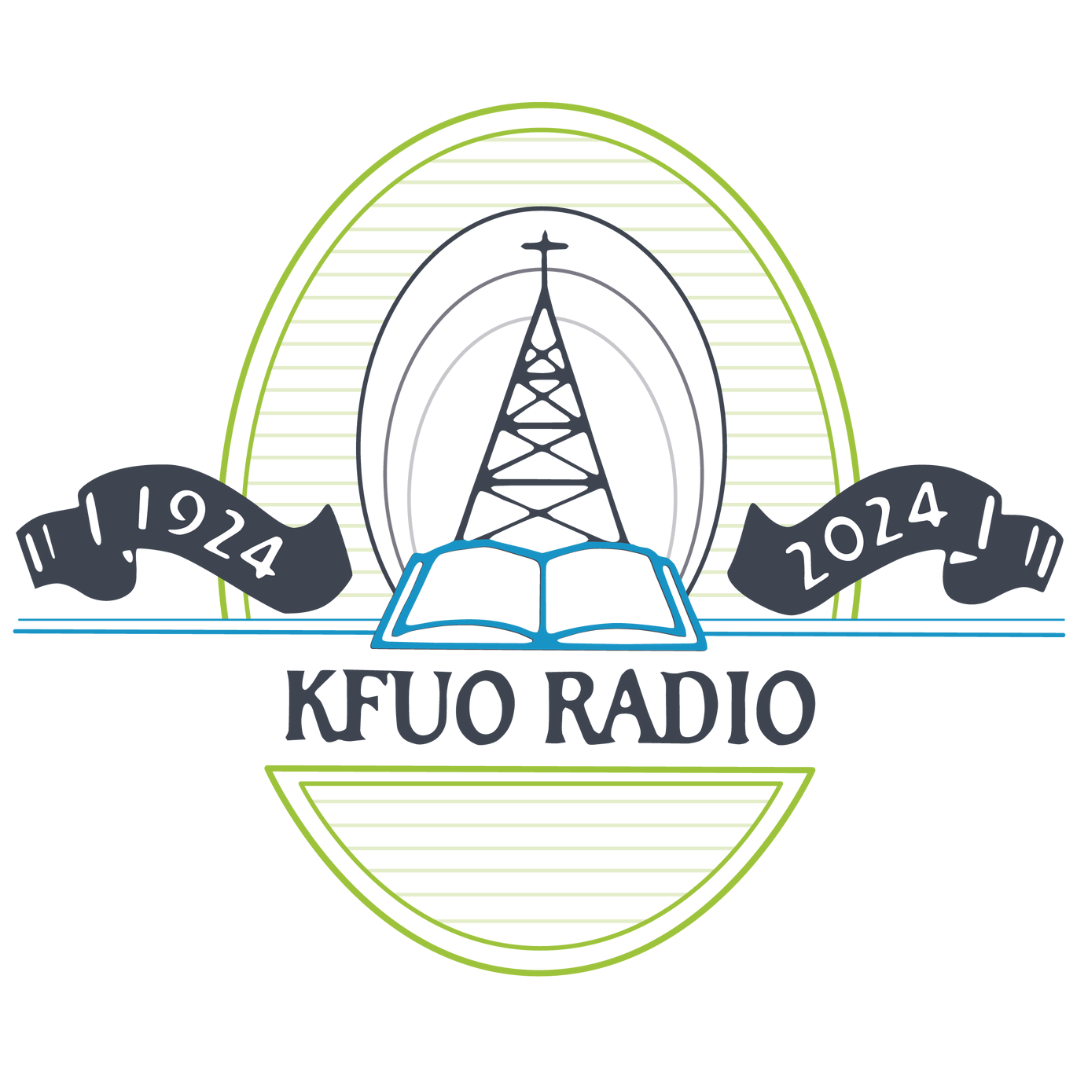Rev. Kevin Parviz, pastor of Congregation Chai v’Shalom in St. Louis, Missouri, joins host Rev. AJ Espinosa to study John 2.
Students of the Bible are often confused by John chapter 2. Why is it that Jesus’s first miracle, turning water into wine, is only recorded in John? And why is it that John says that Jesus drove the money changers out of the Temple at the very beginning of His ministry, but the other Gospels say it happened right before His death and resurrection? Pastor Kevin Parviz of Chai v’ Shalom joins us to help bring a “Jew-theran” perspective on these questions and others.
After the crucifixion and the resurrection, the disciples looked back on these events early on in Jesus’s ministry and saw them with new significance. Even from the beginning, Jesus was pointing to how He was going to make all things new as the Messiah of all creation. The Passover was central to Israel’s identity as God’s chosen people, and the Passover was central to Jesus’s ministry, because the true Exodus for all people would happen through His life, death, and resurrection.

Thy Strong Word is a daily in-depth study of the books of the Bible with host Rev. AJ Espinosa and guest pastors from across the country. Thy Strong Word is graciously underwritten by the Lutheran Heritage Foundation and produced by the LCMS Office of National Mission.
John 2
The Wedding at Cana
2 On the third day there was a wedding at Cana in Galilee, and the mother of Jesus was there. 2 Jesus also was invited to the wedding with his disciples. 3 When the wine ran out, the mother of Jesus said to him, “They have no wine.” 4 And Jesus said to her, “Woman, what does this have to do with me? My hour has not yet come.” 5 His mother said to the servants, “Do whatever he tells you.”
6 Now there were six stone water jars there for the Jewish rites of purification, each holding twenty or thirty gallons.[a] 7 Jesus said to the servants, “Fill the jars with water.” And they filled them up to the brim.8 And he said to them, “Now draw some out and take it to the master of the feast.” So they took it. 9 When the master of the feast tasted the water now become wine, and did not know where it came from (though the servants who had drawn the water knew), the master of the feast called the bridegroom 10 and said to him, “Everyone serves the good wine first, and when people have drunk freely, then the poor wine. But you have kept the good wine until now.” 11 This, the first of his signs, Jesus did at Cana in Galilee, and manifested his glory. And his disciples believed in him.
12 After this he went down to Capernaum, with his mother and his brothers[b] and his disciples, and they stayed there for a few days.
Jesus Cleanses the Temple
13 The Passover of the Jews was at hand, and Jesus went up to Jerusalem. 14 In the temple he found those who were selling oxen and sheep and pigeons, and the money-changers sitting there. 15 And making a whip of cords, he drove them all out of the temple, with the sheep and oxen. And he poured out the coins of the money-changers and overturned their tables. 16 And he told those who sold the pigeons, “Take these things away; do not make my Father’s house a house of trade.”17 His disciples remembered that it was written, “Zeal for your house will consume me.”
18 So the Jews said to him, “What sign do you show us for doing these things?” 19 Jesus answered them, “Destroy this temple, and in three days I will raise it up.” 20 The Jews then said, “It has taken forty-six years to build this temple,[c] and will you raise it up in three days?” 21 But he was speaking about the temple of his body. 22 When therefore he was raised from the dead, his disciples remembered that he had said this, and they believed the Scripture and the word that Jesus had spoken.
Jesus Knows What Is in Man
23 Now when he was in Jerusalem at the Passover Feast, many believed in his name when they saw the signs that he was doing. 24 But Jesus on his part did not entrust himself to them, because he knew all people25 and needed no one to bear witness about man, for he himself knew what was in man.
Footnotes:
- John 2:6 Greek two or three measures (metrētas); a metrētēs was about 10 gallons or 35 liters
- John 2:12 Or brothers and sisters. In New Testament usage, depending on the context, the plural Greek word adelphoi (translated “brothers”) may refer either to brothers or to brothers and sisters
- John 2:20 Or This temple was built forty-six years ago
English Standard Version (ESV) The Holy Bible, English Standard Version. ESV® Permanent Text Edition® (2016). Copyright © 2001 by Crossway Bibles, a publishing ministry of Good News Publishers. esv.org







